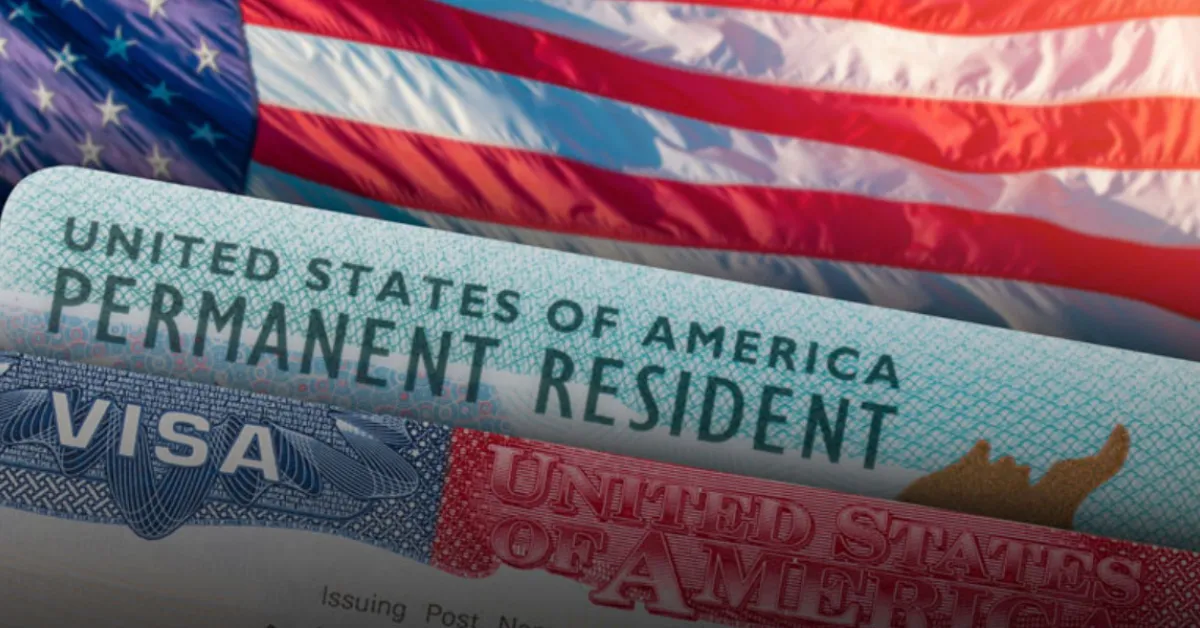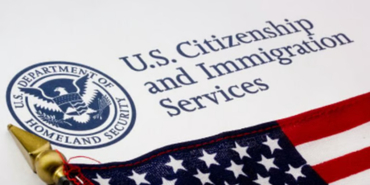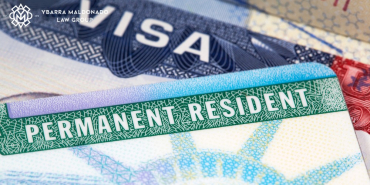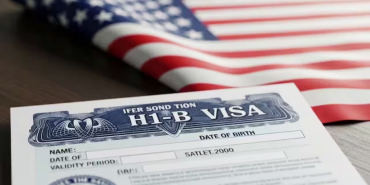US Green Card Holders Face New Rules on Taxes, Property, and Marriage Checks

Holders of the United States green card, officially known as lawful permanent residents, are facing increased scrutiny as the country implements new immigration policies.
For the approximately 13 million green card holders, the status allows them to live and work in the US and often serves as a step toward citizenship through naturalisation. However, obtaining and maintaining permanent residency can be challenging, especially for people from countries with long waiting lists that sometimes stretch over decades.
Recent policy changes have added to these difficulties, creating uncertainty for many immigrants who once viewed the green card as a stable foundation. Senior officials, including Secretary of State Marco Rubio, have emphasized that permanent residency is not guaranteed and that even small infractions could lead to losing this status.
One significant policy change is the introduction of a remittance tax under the “One Big Beautiful Bill,” set to take effect at the end of 2025. This tax will charge a 1% fee on money transfers sent abroad, mainly affecting immigrant communities sending funds to their home countries. Although this rate is lower than originally proposed, it signals increased regulation of immigrant financial activities.
Green card holders are also subject to closer examination in areas previously considered routine. For example, under-reporting income on tax returns can now trigger legal actions, including denaturalisation, where citizenship is revoked. Immigration lawyers warn that minor tax errors could have serious consequences, even for those who have already become US citizens.
Family-based immigration processes have become stricter, with US Citizenship and Immigration Services (USCIS) updating its policies in August 2025 to more thoroughly vet family petitions, especially marriage-based applications. Interviews now involve detailed questions to verify the legitimacy of relationships and future plans.
Additionally, a recent executive order restricts automatic citizenship to children whose parents are US citizens or lawful permanent residents, excluding children born to temporary visa holders. At the state level, similar restrictions are emerging. For example, Ohio lawmakers are considering a bill that would prevent green card holders and other non-citizens from buying property near military bases and critical infrastructure.
Some efforts aim to address the long delays in the immigration system. The proposed Dignity Act would allow applicants who have waited over ten years for permanent residency to pay a $50,000 fee for faster processing.














Add new comment